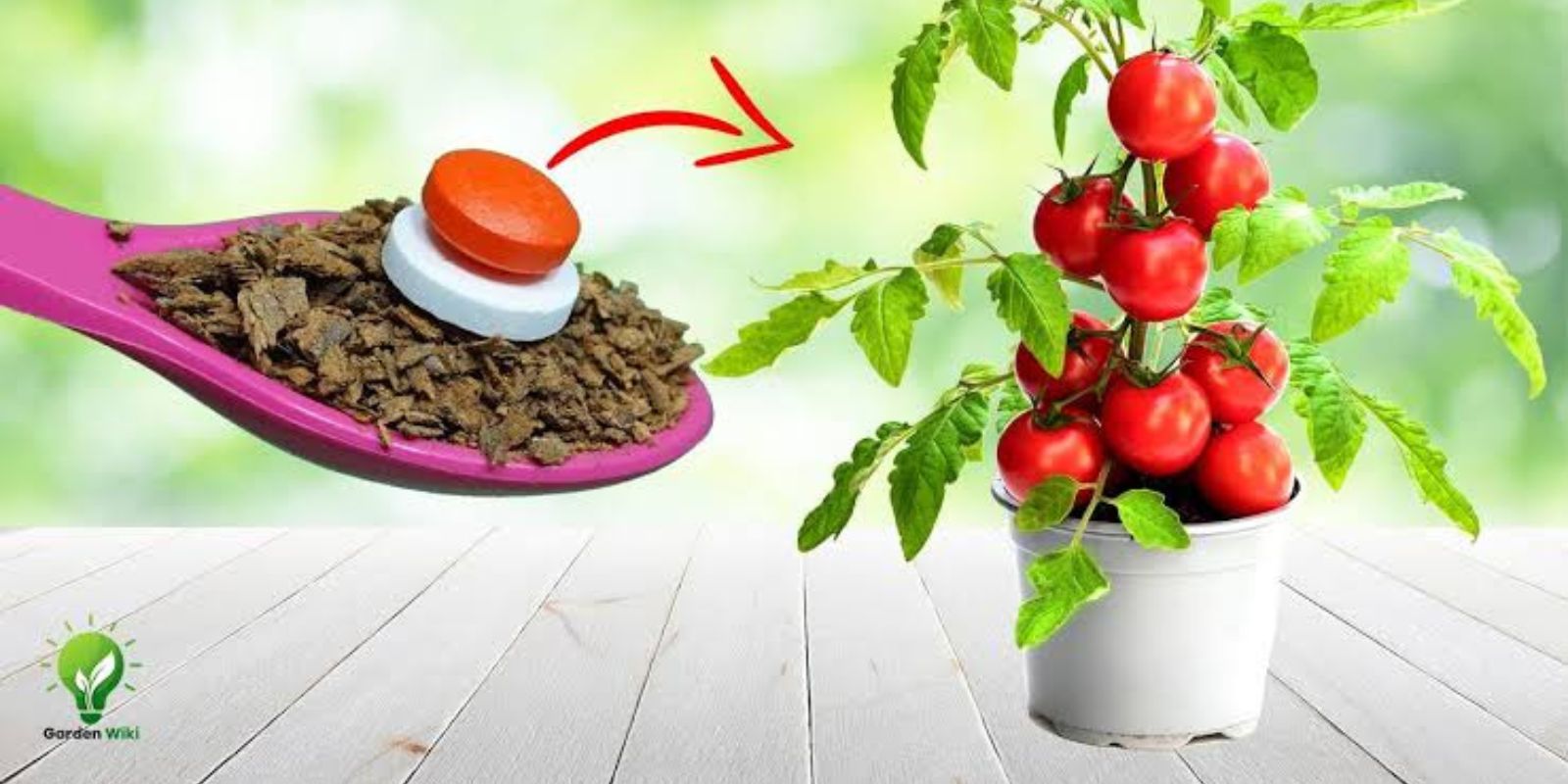Gardening is a rewarding hobby that connects us to nature and provides fresh produce right from our backyards. However, it can also be challenging to maintain healthy plants and protect them from diseases and pests. While there are countless products on the market designed to boost plant health, many gardeners overlook a common household item: aspirin. This article will explore the benefits of using aspirin in gardening, how it works, and practical tips for incorporating it into your routine.
Understanding Aspirin and Its Properties
Aspirin, or acetylsalicylic acid, is primarily known as a pain reliever and anti-inflammatory medication for humans. However, its properties extend beyond human health. Aspirin has been found to have significant benefits for plants, particularly in enhancing their growth and resilience. The key component, salicylic acid, plays a crucial role in plant physiology.
Salicylic acid is a natural plant hormone that helps regulate various physiological processes, including photosynthesis, transpiration, and the plant’s response to stress. When plants are exposed to stressors such as drought, extreme temperatures, or pathogens, salicylic acid helps activate their defense mechanisms. By applying aspirin to your plants, you can mimic this natural process and promote healthier growth.
Benefits of Aspirin for Plants
- Enhanced Disease Resistance: One of the most significant advantages of using aspirin in gardening is its ability to boost plants’ immune systems. When plants are treated with aspirin, they produce more salicylic acid, which enhances their resistance to diseases like powdery mildew, root rot, and bacterial infections.
- Improved Growth and Yield: Aspirin can stimulate root development and overall plant growth. Studies have shown that plants treated with aspirin tend to grow larger and produce more fruit or flowers. This is particularly beneficial for gardeners looking to maximize their harvest.
- Stress Tolerance: Plants often face various stressors, including drought, extreme temperatures, and pest infestations. Aspirin helps plants cope with these challenges by enhancing their stress response. This means that your plants are more likely to survive and thrive even in less-than-ideal conditions.
- Encouragement of Germination: Using aspirin can also improve seed germination rates. Soaking seeds in a diluted aspirin solution before planting can help them sprout faster and develop stronger roots.
- Natural and Safe: Unlike many chemical fertilizers and pesticides, aspirin is a natural product that poses minimal risk to the environment. It can be a safe alternative for organic gardeners looking to promote plant health without harmful chemicals.
How to Use Aspirin in Your Garden
Now that you understand the benefits of aspirin for plants, let’s discuss how to effectively use it in your gardening routine.
- Creating an Aspirin Solution: The first step is to create a diluted aspirin solution. Dissolve one standard aspirin tablet (325 mg) in one gallon of water. You can also use a liquid aspirin formulation if available. Make sure the aspirin is completely dissolved before using it.
- Watering Your Plants: Use the aspirin solution to water your plants once a month. This can be done in place of your regular watering routine. Be sure to apply the solution evenly to the soil around the base of the plants, avoiding direct contact with the leaves.
- Soaking Seeds: To enhance germination, soak your seeds in the aspirin solution for 24 hours before planting. This will help improve their chances of sprouting and developing strong roots.
- Foliar Spray: For an added boost, you can create a foliar spray using the aspirin solution. Fill a spray bottle with the diluted solution and spray it directly onto the leaves of your plants. This method allows for quick absorption and can help protect against diseases.
- Monitoring Plant Response: After applying the aspirin solution, keep an eye on your plants’ response. Look for signs of increased growth, improved color, and overall health. If you notice positive changes, continue using the solution as part of your regular gardening routine.
Tips for Success
While using aspirin in your garden can yield impressive results, there are a few tips to keep in mind for optimal success:
- Choose the Right Time: Apply the aspirin solution during the growing season when your plants are actively growing. Avoid using it during dormancy or extreme weather conditions.
- Combine with Other Practices: While aspirin can enhance plant health, it should not replace other essential gardening practices, such as proper watering, fertilization, and pest control. Use it as a complementary tool in your gardening arsenal.
- Test on a Small Scale: If you’re new to using aspirin in your garden, consider testing it on a small scale first. Apply the solution to a few plants and monitor their response before using it more widely.
- Consult Research: Stay informed about the latest research and findings regarding aspirin’s effects on different plant species. Different plants may respond differently to aspirin treatment.
Potential Limitations

